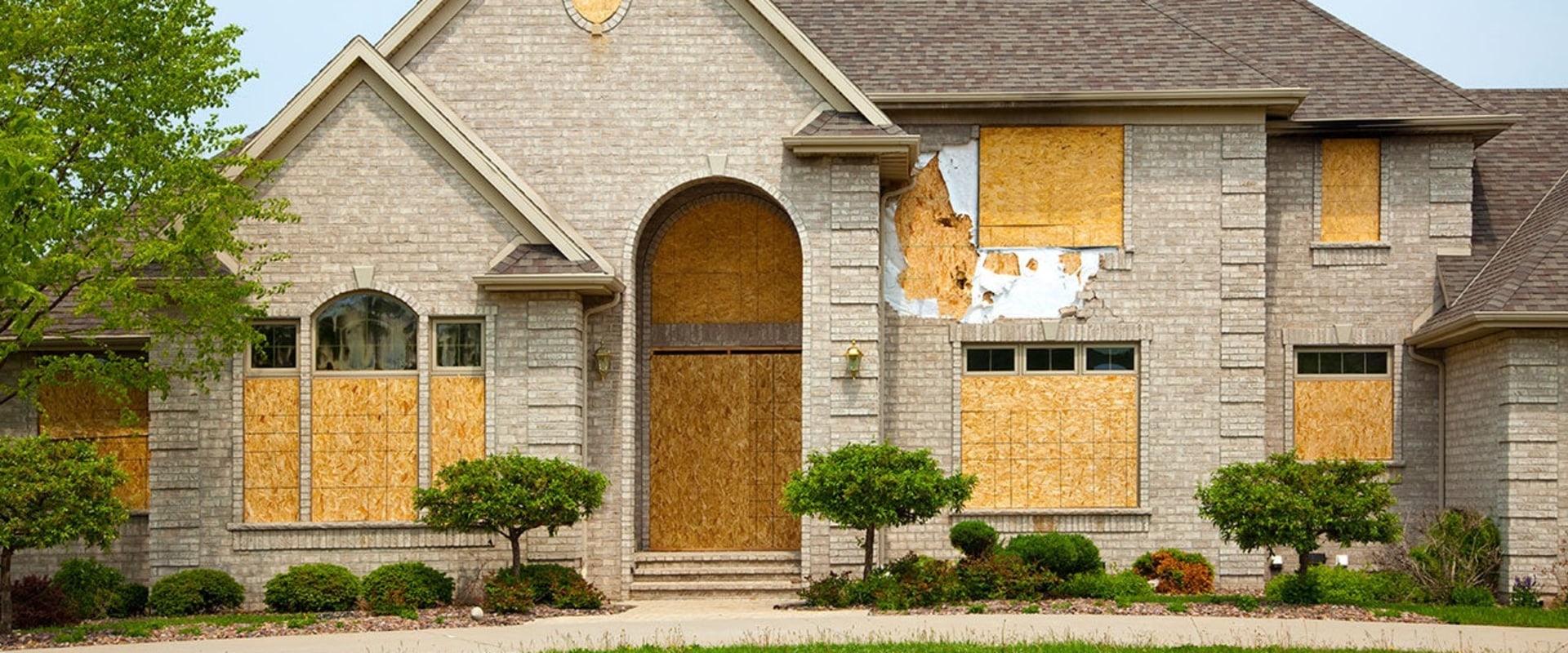Are you looking for the right foreclosure listing? With so many options available, it can be difficult to determine which one is best for you. This article will provide tips and tricks to help you find the perfect foreclosure listing for your needs. From understanding the foreclosure process to researching potential listings, this article will provide you with the information and resources needed to make an informed decision. Read on to learn more about finding the right foreclosure listing.
And don't forget to get a free quote at crossbordermovers.net for expert assistance in your search. With so many options available, it can be difficult to know which listings are reliable and up-to-date. Start by researching the types of foreclosure listings that are available. Determine which type of listing will best suit your needs and research each type's pros and cons. Consider factors such as And don't forget to get a free quote at crossbordermovers.net for expert assistance in your search. With so many options available, it can be difficult to know which listings are reliable and up-to-date. Start by researching the types of foreclosure listings that are available. Determine which type of listing will best suit your needs and research each type's pros and cons. Consider factors such as cost, accuracy, and frequency of updates when making your decision.
There are several different types of foreclosure listings including real estate agents, banks, government agencies, online services, and more. Next, you'll want to narrow down your list of potential listings. Research each option to determine which provides the most reliable information. Compare factors such as accuracy, frequency of updates, cost, and availability of local listings. You'll also want to make sure the listing is up-to-date and accurate.
Be sure to read any reviews or testimonials from past users to get an idea of their experience with the listing. Once you've narrowed down your list, you can begin searching for properties that fit your criteria. Look for properties that meet your specific needs such as location, budget, amenities, etc. Be sure to read the fine print in the listing to check for any potential issues that may arise in the future. Finally, it's important to keep track of all your searches and results. Make sure you save any relevant information such as property details, contact information, and other important documents.
This will help you stay organized and make it easier for you to contact the seller in the future if necessary.
Narrow Down Your Search
When it comes to finding the right foreclosure listing, it's important to narrow down your search. Ask yourself the following questions when evaluating potential foreclosure listings: What information does the listing provide? Look for foreclosure listings that provide detailed information about the property, including its location, size, and features. The more information you have, the easier it will be to make an informed decision. Is the listing up-to-date? Make sure the listings you're considering are regularly updated. This will help ensure that you're getting the most accurate information possible. How much does the listing cost? Foreclosure listings can vary in cost.Be sure to evaluate how much you're willing to spend before making your decision. What other resources are available? Look for foreclosure listings that offer additional resources, such as contact information for the seller or a list of similar properties in the area. These can be helpful when it comes time to make an offer or negotiate a sale.
Stay Organized
Staying organized is essential for finding the right foreclosure listing. When you find a property that interests you, make sure to save all relevant information such as property details, contact information, and other important documents. Keeping everything in one place will help you remember which listings you've already seen and which ones are still available. When you're researching listings, it's also important to keep track of important dates and deadlines.This will ensure that you don't miss out on any properties that may be of interest. Additionally, make sure to take notes as you research each property and its associated documents, so you can easily reference them later. Finally, create a checklist of all the steps you need to take before submitting an offer on a foreclosure listing. This will help you stay on top of any paperwork or requirements you need to complete in order to make an informed decision about whether a particular listing is right for you.
Search for Properties
Search for Properties When looking for the right foreclosure listing, it's important to consider the specific needs of your search. Think about the location you'd like to be in, what your budget is, and what amenities you want.By taking these factors into consideration, you can narrow down your choices to find the perfect foreclosure listing for you. Using online resources such as real estate websites, such as Zillow or Realtor.com, can help you quickly find listings that meet your criteria. You can search by location, price range, and other features you may be interested in. Many websites also provide additional information such as estimated square footage and details on the condition of the property.
If you're not sure what kind of property you're looking for, you can also use a local real estate agent or realtor who specializes in foreclosure listings. They can provide personalized advice and help you find the perfect listing for your needs.
Research Types of Listings
When it comes to finding the right foreclosure listing, it's important to understand the different types of listings available. From bank-owned and auction listings to pre-foreclosures and short sales, there are many different types of properties that can be included in a foreclosure listing. Bank-owned properties, also known as real estate owned (REO) listings, are properties that have been foreclosed upon by a bank or lender.These types of listings often have the most comprehensive information available, including photos, pricing, and property details. Bank-owned properties are typically in better condition than other types of foreclosure listings since they have been taken care of by the bank or lender. Auction listings are properties that are going to be sold at a public foreclosure auction. These types of listings often have limited information available and can be more risky since buyers will not be able to inspect the property prior to purchase.
Auction listings may also have higher prices due to competition among buyers. Pre-foreclosure listings are properties that are in the process of being foreclosed upon by a bank or lender. Pre-foreclosure listings may also have higher prices due to competition among buyers. Short sales are properties that are being sold by the owner for less than what is owed on the mortgage. Short sales may also have higher prices due to competition among buyers. When researching different types of foreclosure listings, it's important to consider the pros and cons of each type.
Bank-owned properties typically have the most comprehensive information available, while auction and pre-foreclosure listings may have limited information and may require more research on the buyer's part. Short sales may offer a great opportunity for buyers, but they can also be more risky due to the limited information available. Finding the right foreclosure listing doesn't have to be a difficult process. By researching the different types of listings available, narrowing down your list of potential options, searching for properties that meet your criteria, and staying organized throughout your search process, you can find the perfect foreclosure listing for your needs.



